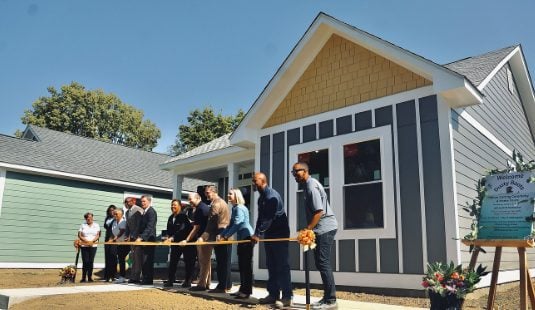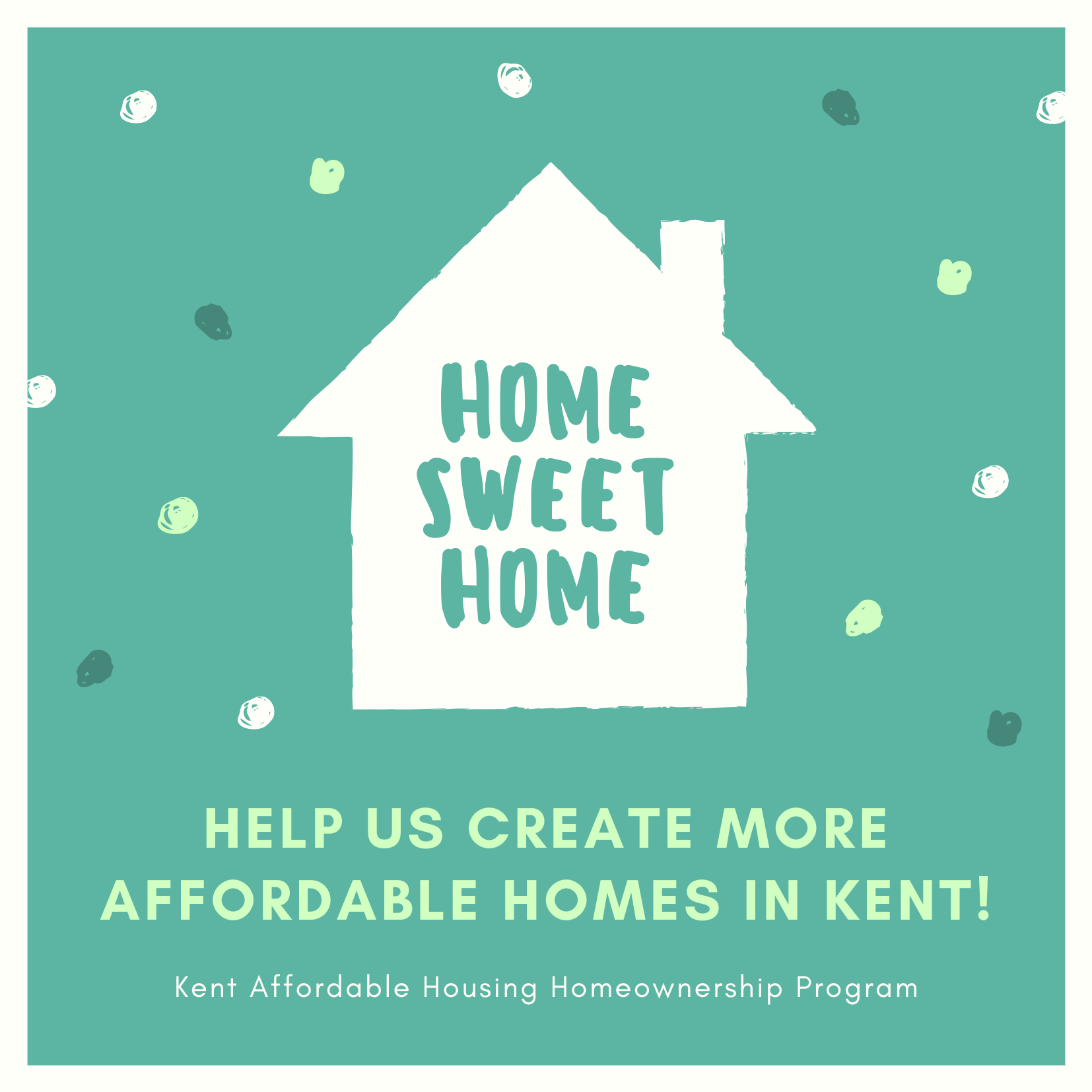Pro Tips on Securing Affordable Homeownership and Financial Stability
Pro Tips on Securing Affordable Homeownership and Financial Stability
Blog Article
Budget-friendly Homeownership Options for First-Time Homebuyers
As the housing market proceeds to develop, newbie property buyers face distinct challenges in protecting inexpensive homeownership alternatives. Various resources, including entitlement program programs, low-down-payment home loans, and targeted grants, have actually arised to relieve monetary stress. These campaigns not only help with homeownership but likewise foster community stability and economic development. Browsing these options can be complex, and understanding which paths are most valuable requires careful consideration. What methods can potential home owners utilize to maximize their chances in this landscape?
Government Assistance Programs
Entitlement program programs play a critical function in making homeownership attainable for lots of individuals and households. These programs intend to ease the economic problem linked with purchasing a home, specifically for new customers. By using monetary aid, gives, and tax obligation rewards, government initiatives help connect the space in between climbing real estate expenses and the purchasing power of potential house owners.
Different programs are readily available at the federal, state, and regional levels. For example, the Federal Housing Administration (FHA) supplies insurance on finances, enabling lenders to offer much more positive terms, such as reduced down payments and lowered rates of interest. In addition, state and neighborhood federal governments frequently have their own campaigns, which may consist of down settlement help programs, property buyer education programs, and beneficial home loan terms.
These programs are made to deal with the special obstacles encountered by reduced- to moderate-income families, including minimal savings and credit report background. By fostering an atmosphere where homeownership is extra easily accessible, federal government assistance programs not only support specific desires but also add to area stability and economic growth. Understanding and utilizing these sources can considerably improve the prospects of effective homeownership.
Low-Down-Payment Home Mortgages
For many ambitious property owners, low-down-payment home loans provide a viable pathway to homeownership, specifically in today's tough real estate market. These home mortgage choices commonly call for down repayments varying from 3% to 5%, making it easier for newbie purchasers to go into the marketplace without the concern of conserving for a significant down settlement.
Various lending institutions supply low-down-payment programs, including traditional car loans backed by Fannie Mae and Freddie Mac, along with government-backed alternatives like FHA fundings. These home mortgages are developed to suit individuals with minimal financial savings while still offering affordable rate of interest rates. Significantly, they allow buyers to retain more cash for various other crucial expenditures, such as relocating prices, home evaluations, and potential remodellings.
However, potential homeowners must be conscious of the trade-offs connected with low-down-payment mortgages. A smaller deposit might result in higher monthly repayments and the necessity of private home loan insurance coverage (PMI), which safeguards loan providers in instance of default. Therefore, it is essential for new purchasers to conduct thorough research study and speak with home loan experts, ensuring they select a low-down-payment option that straightens with their long-term monetary objectives. Affordable Homeownership.
First-Time Homebuyer Grants
Lots of first-time property buyers locate that grants can considerably alleviate the financial burden of purchasing a home, matching low-down-payment home mortgage choices. These gives, commonly supplied by state and charitable companies or neighborhood governments, supply financial support that does not call for payment, making them an appealing alternative for those getting in the real estate market.
Qualification for novice property buyer gives typically relies on income, credit reliability, and the acquisition price of the home. Many programs are created to assist low- to moderate-income households, making certain that support reaches those that require it most. The application procedure typically involves documentation of monetary status, property buyer education courses, and sometimes even a dedication to remain in the home for a particular period.
The amount helpful varies extensively, with some grants giving numerous thousand bucks to assist cover closing expenses or deposits. Investigating available gives in your location is vital, as programs frequently transform and might have certain needs. By leveraging these monetary sources, newbie homebuyers can make homeownership more accessible, eventually attaining their desire of possessing a home while minimizing the initial financial pressure.
Cutting-edge Neighborhood Initiatives
Ingenious area campaigns are playing an essential duty in expanding budget-friendly homeownership alternatives for citizens. site here These efforts commonly entail collaborative initiatives between city governments, charitable companies, and private field stakeholders to create lasting real estate solutions customized to neighborhood demands.
One remarkable strategy is the establishment of community land trust funds (CLTs), which allow locals to acquire homes while the land remains had by the trust. This model helps keep cost over time and prevents speculative rate rises. In addition, CLTs frequently supply educational resources and assistance solutions to encourage newbie buyers.
An additional efficient initiative is the development of mixed-income real estate tasks, which blend affordable units with market-rate homes. This approach cultivates inclusive neighborhoods and minimizes the preconception commonly linked with low-income housing. Additionally, city governments are progressively supporting zoning reforms to facilitate the building of accessory residence systems (ADUs), which can offer additional rental earnings for property owners while enhancing real estate accessibility.

Tips for Budgeting and Saving

Next, develop a dedicated interest-bearing account specifically for your future home purchase. Goal to conserve a percent of your income regularly, preferably 20% or more, to build a considerable down repayment. Use automation devices, such as direct down payment or automated transfers, to make conserving much easier and more consistent.
Additionally, think about taking on the 50/30/20 rule: designate 50% of your revenue to needs, 30% to desires, and 20% to cost savings and debt settlement - Affordable Homeownership. This approach promotes well balanced financial health and wellness

Final Thought
In summary, budget-friendly homeownership options for first-time property buyers incorporate different resources such as federal government assistance programs, low-down-payment home loans, and grants. By leveraging these monetary devices, people can browse the complexities of homeownership, inevitably contributing to a more fair housing landscape.
As the real estate market continues to description evolve, newbie homebuyers face one-of-a-kind difficulties in safeguarding cost effective homeownership alternatives. By fostering an atmosphere important source where homeownership is more easily accessible, federal government assistance programs not only support private goals however additionally contribute to neighborhood security and financial development. By leveraging these financial resources, first-time buyers can make homeownership more available, ultimately achieving their dream of possessing a home while minimizing the initial monetary strain.
In summary, economical homeownership choices for novice homebuyers encompass various resources such as government aid programs, low-down-payment home loans, and gives. By leveraging these economic tools, individuals can navigate the complexities of homeownership, ultimately contributing to an extra equitable housing landscape.
Report this page